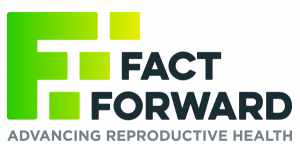SIECUS is well poised to provide policy support as we are the only organization whose sole mission is to advance sex education policy at the federal, state, and local levels. For the past 55 years, SIECUS has advocated for the rights of all people to comprehensive sexuality education, and the full spectrum of sexual and reproductive health services. SIECUS is more committed than ever to the fight for the equitable provision of comprehensive sexuality information to vulnerable and marginalized populations especially people of color and LGBTQI identifying youth—and for the elimination of all barriers to access to quality reproductive health services, for reproductive justice to be actualized.
SIECUS equips state and local leaders with the knowledge they need to be confident and powerful advocates. Our staff conduct workshops and trainings around the country and provide one-on-one technical assistance by phone and email. Our policy support helps state and local leaders become stronger advocates for their missions and empowers them to addresses the root cause of key reproductive justice and sexual rights issues, moving us toward a society where issues like gender equity, sexual and reproductive health, racial justice, LGBTQ inclusion, consent, personal safety, and autonomy are well—established as part of our normal reality. Our website is a place where advocates can search our robust collection of toolkits, fact sheets, reports, and our signature report, the SIECUS State Profiles, as well as connect with a team member for one-on-one technical assistance.





